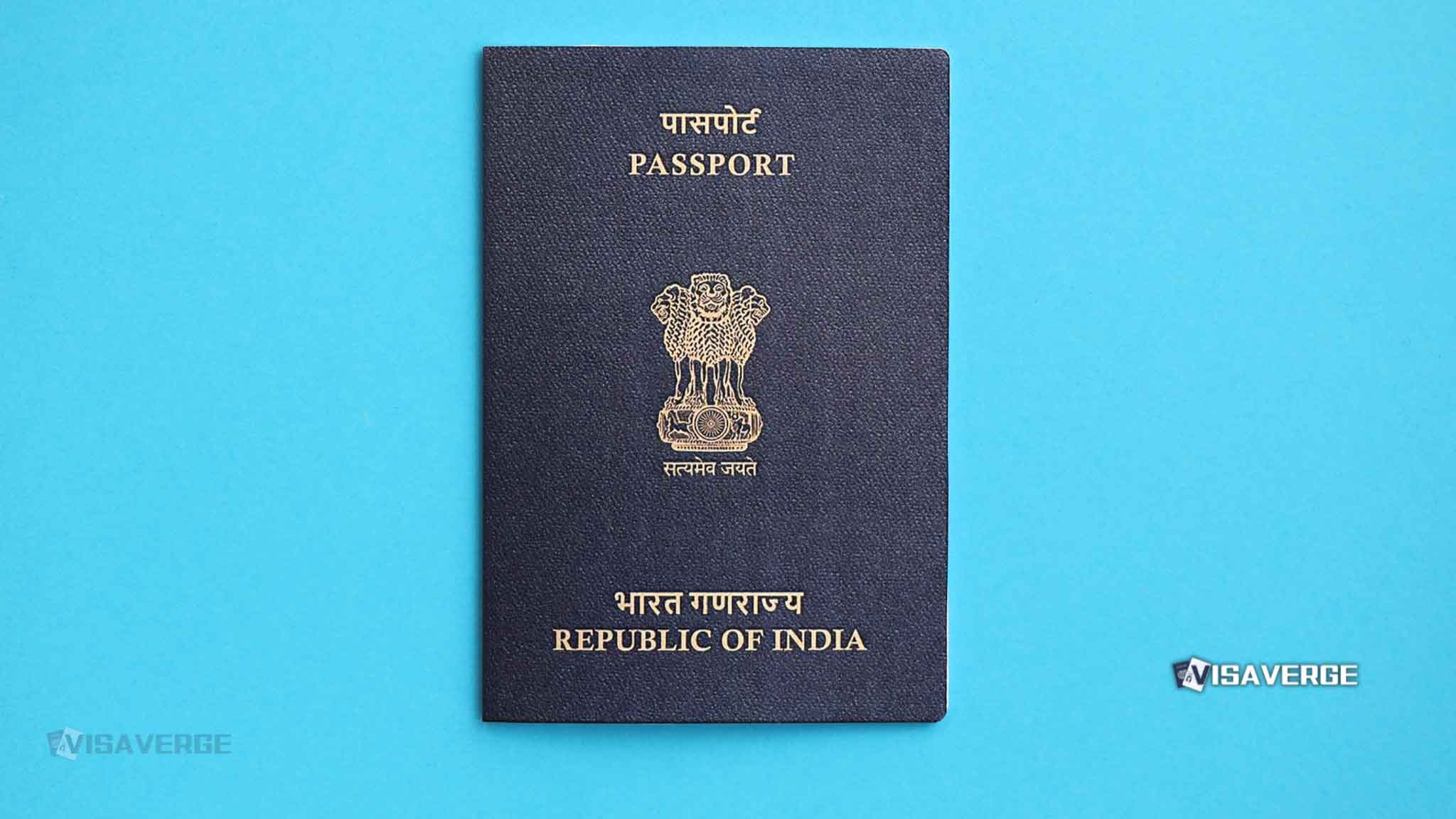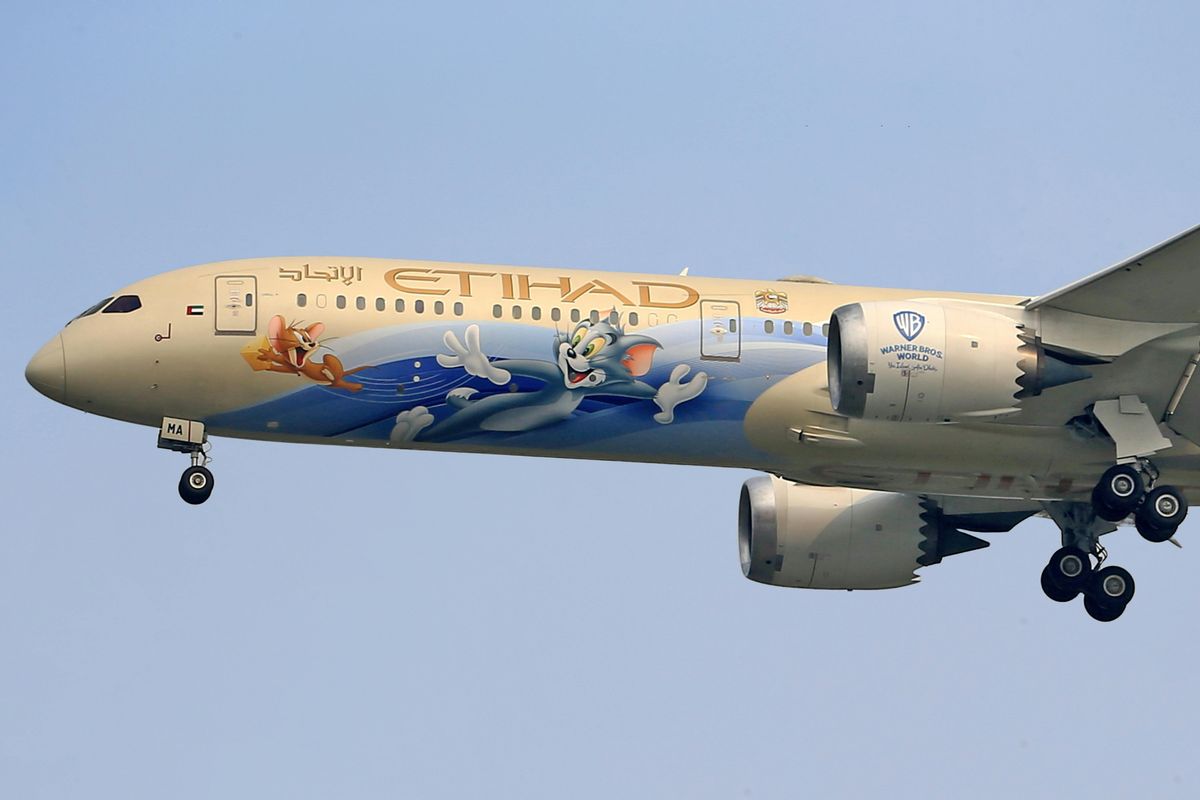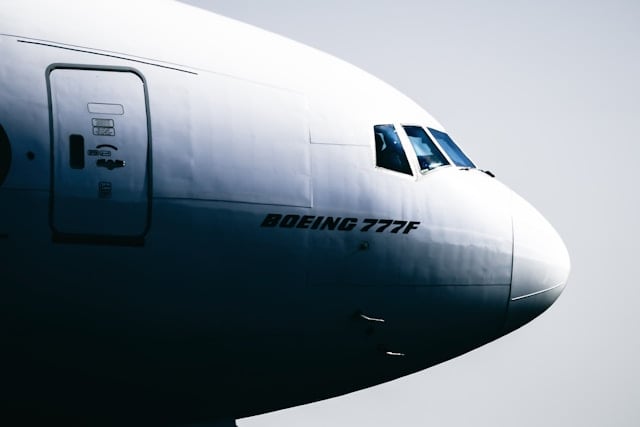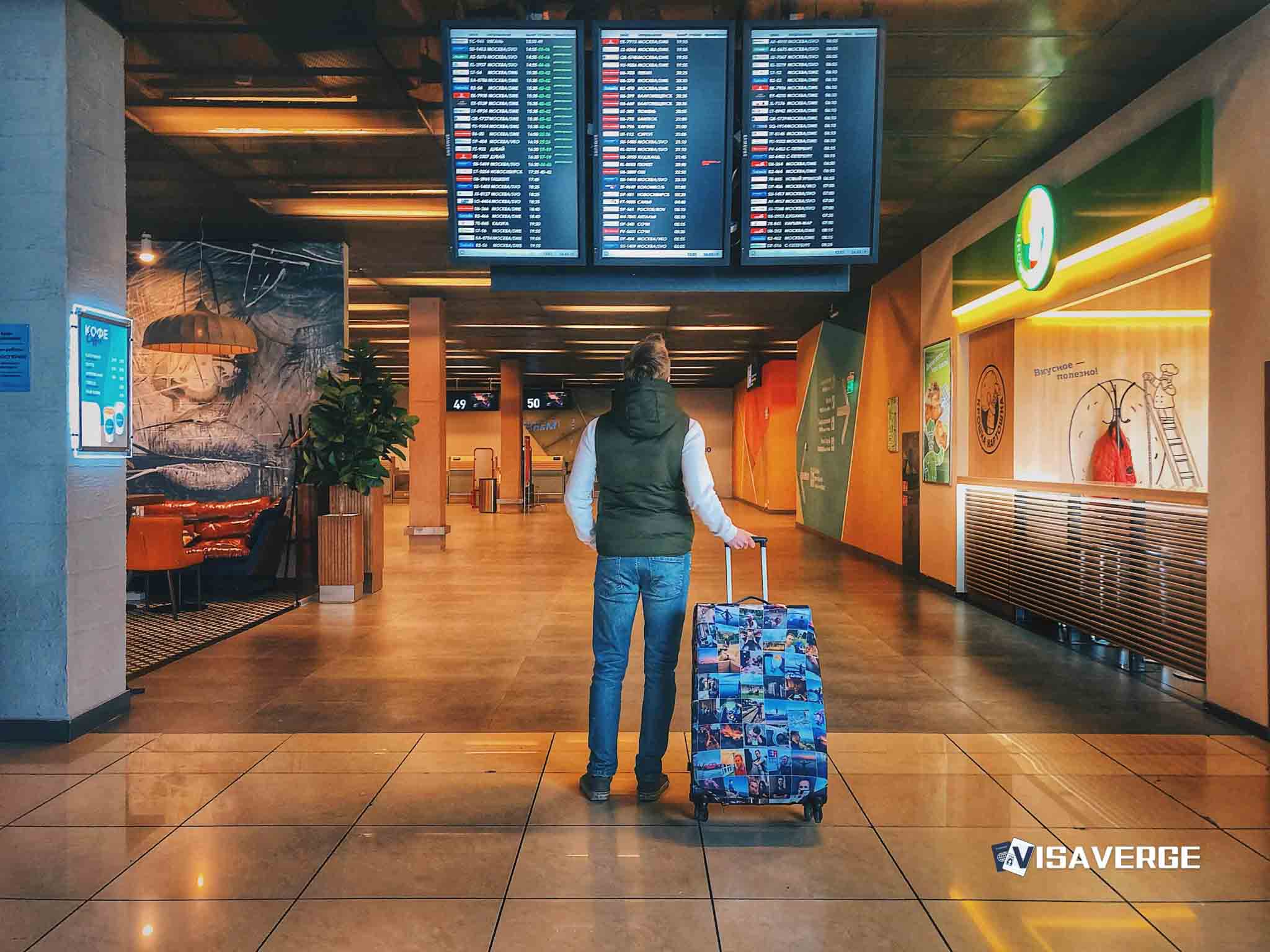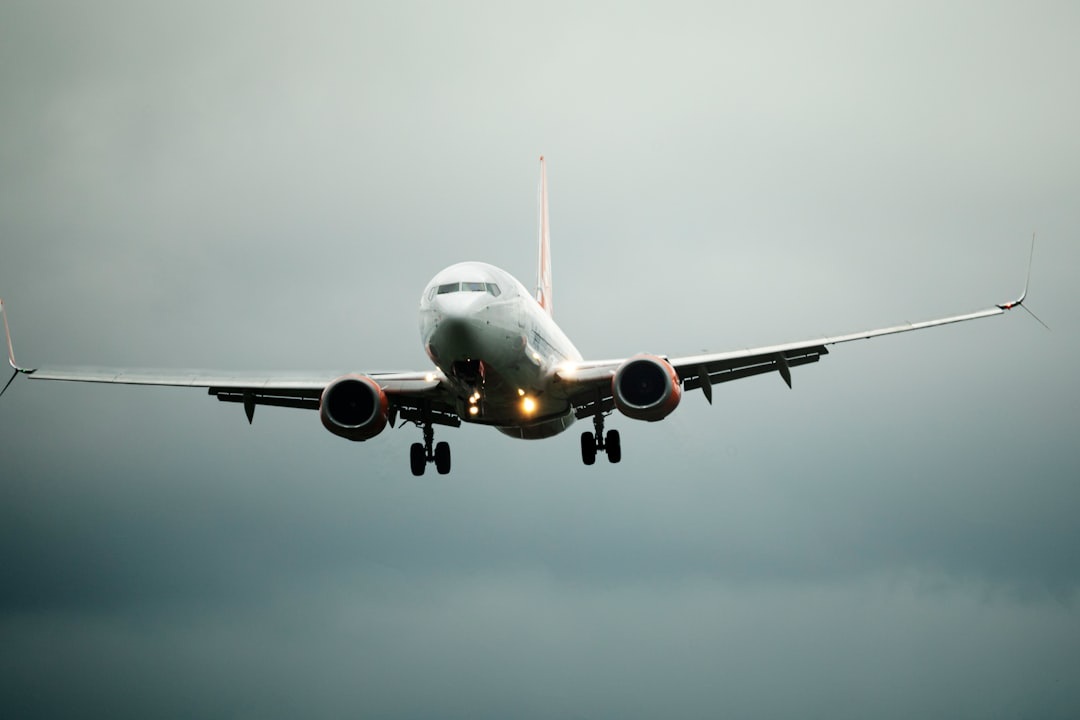Key Takeaways
• Wings for Autism at Appleton International Airport offers practice flights for families with autism to reduce air travel anxiety.
• The next free event is May 17, 2025, featuring two boarding groups; pre-registration is required for all participants.
• Airport provides quiet rooms, TSA support, and staff trained in Hidden Disabilities program for sensory-inclusive travel.
For families who have a loved one with autism, air travel can feel overwhelming. New sights, sounds, rules, and crowds create stress and uncertainty—not just for those with autism, but for their families too. The Wings for Autism program at Appleton International Airport (ATW) is working to change this by creating a way for families to practice flying before they really have to do it. This program aims to make travel easier and less stressful for everyone involved.
What Is Wings for Autism?

The Wings for Autism program is a free event that allows individuals with autism and their families to rehearse the airport and flying process. Imagine being able to experience every step of air travel, but without worrying about missing a flight or handling the hustle of a real trip. That’s what this program offers at Appleton International Airport: a safe, supportive “trial run” where nothing is at stake if things don’t go smoothly.
Participants and their families arrive at the airport to go through the same process travelers face when taking a trip. These steps include:
- Entering the airport and checking in at the counter
- Getting boarding passes
– Passing through TSA security - Waiting in the boarding area
- Boarding an aircraft (though the plane stays on the ground)
By walking through these steps, families and participants get to know the airport, the routines, and the people. If something feels overwhelming, there’s no pressure—they’re surrounded by understanding staff and other families having the same experience.
Why Is This Program Important?
Air travel presents many challenges for individuals with autism spectrum disorder. The airport environment can be loud, crowded, and filled with unexpected events. Even small changes in routine can be very hard for people with autism. These stressors can turn a simple family trip into a difficult, emotional experience.
Wings for Autism at Appleton International Airport addresses these problems directly by taking away the “unknowns.” When families can practice beforehand, they learn which parts of the process might trigger anxiety or meltdowns. This gives them a chance to prepare strategies, such as bringing comfort items, using noise-canceling headphones, or planning breaks.
As Abe Weber, Appleton Airport Director, explains, “We’re doing everything we can to take the stress out of air travel, but kids with special needs will react individually to different stimuli. Going through the process and knowing what to expect in advance makes a huge difference for families.”
For many, this “rehearsal” is the only way they would ever feel ready to travel by plane. It can open doors to seeing family, visiting new places, or simply being part of ordinary milestones like vacations and reunions.
The Next Wings for Autism Event
Appleton International Airport is set to host its next Wings for Autism event on May 17, 2025. The event is organized together with Air Wisconsin, the Transportation Security Administration (TSA), and local autism support organizations. These collaborations ensure that both the practice and the “real” airport moments feel as similar as possible.
There will be two boarding groups for this event:
– First group at 10:00 AM
– Second group at 11:00 AM
Families must pre-register to attend, but the event is completely free. This mindful scheduling means fewer crowds and waits, reducing anxiety and making the experience smoother for everyone.
You can find more about upcoming events and how to register on the Appleton International Airport’s official events page.
How Does Practicing Help Families?
For families taking part in the Wings for Autism program, the benefits go far beyond the day of the event. Here’s what they often find:
- A less stressful travel day: By practicing, families know what to expect. This means fewer surprises and less panic.
- Greater confidence: Once families successfully handle the “rehearsal,” they feel more ready for real travel.
- Understanding triggers: Families discover which airport sights, sounds, or routines challenge their loved one most. This lets them plan coping strategies.
- Feeling included: Some families might avoid flying altogether because of fear. This program gives them the “green light” to make memories and join in activities they used to skip.
Many families have shared that Wings for Autism was the first time their child with autism felt comfortable in an airport. Some say it’s the reason they could finally make a dream trip happen.
Benefits for Airport and Airline Staff
The program isn’t helpful just for passengers—it’s valuable for the airport and airline staff, too. When staff work directly with individuals with autism and their families, they:
- Learn from real situations: Staff see how airport routines can be made friendlier for those with autism.
- Practice patience and flexibility: They can fine-tune how they speak, what help they offer, and how they react to anxiety or confusion.
- Improve disability competency: By understanding specific needs, staff become more skillful at making travel smoother for all passengers who may need extra support, not just those with visible disabilities.
This learning goes beyond the Wings for Autism event. Airport, airline, and TSA staff can use their experience to assist many other travelers in daily operations.
Extra Help: What Else Does Appleton International Airport Offer?
Wings for Autism is just one way Appleton International Airport supports travelers with autism and other sensory issues. They’ve taken several steps in recent years to make the airport more welcoming:
- Quiet rooms: ATW offers two quiet rooms—one before security and one after. These are peaceful places for travelers who feel overstimulated and need a break. These rooms can be especially helpful if the hustle and bustle of the airport become too much.
- Hidden Disabilities program: Staff who are trained to assist individuals with non-visible disabilities wear special sunflower badges. This lets travelers know whom to ask for help without having to explain their needs over and over.
- Special TSA support: The airport works with TSA to provide Passenger Support Specialists. These staff members are specially trained to help passengers with disabilities through security screening. They can explain each step and offer reassurance along the way.
Appleton International Airport’s efforts date back to 2021, when they made a promise to create a more accessible, inclusive environment for everyone—especially for those who struggle most with crowded, complicated spaces. Most recently, the airport’s expansion plan was made with neurodivergent travelers in mind. This means that every new design feature aims to reduce stress, confusion, and noise.
What Is Involved in the Event?
On event day, families show up as if they are about to take a real flight. Here is what happens, step by step:
- Check-in: Families are greeted by staff at the main counter. They check in, receive mock boarding passes, and talk through the process.
- Security screening: Just like on travel day, travelers go through TSA checkpoints. Security officers are there, ready to help and explain each part.
- Boarding: Families move to the waiting area, then walk down the jet bridge and board an airplane—though the plane never leaves the ground.
- Exploration: Once onboard, families and participants can buckle up, explore the seats, meet airport and airline staff, and ask questions.
- Support throughout: Trained volunteers from local autism organizations, TSA, and airline teams are on hand to offer comfort, answer questions, and guide everyone through each step.
Everything is done at a relaxed pace, with lots of reassurance along the way. There’s no pressure to finish quickly or to follow every rule perfectly.
How Do Parents and Professionals Feel?
Many parents say the Wings for Autism program at Appleton International Airport feels life-changing. For people who once felt shut out from family trips or reunions, these events make flying possible.
A parent might share, “We were scared to fly, but after going through the practice event, we saw that we could handle it. My child knew where to go and wasn’t as afraid—they even smiled on the plane.”
Airport professionals also see the difference. As reported by VisaVerge.com, having a structured way to practice helps both families and workers learn from each other. Staff feel more prepared to offer a calm, friendly hand—not just to those involved in the program, but to any traveler who faces extra obstacles during air travel.
Why Is This Approach So Important?
Travel can be challenging for anyone, but for people with autism, the challenges are often much greater. Routine, predictability, and comfort mean everything, and airports are full of changes, unfamiliar routines, and loud noises.
By making sure families and individuals with autism can rehearse, Appleton International Airport builds stronger trust and opens up a world of opportunities. These practice runs aren’t just about the day itself—they’re about helping families finally feel like they belong at the airport.
The Impact: Breaking Down Barriers
The impact of Wings for Autism at Appleton International Airport is deep and lasting. When a family can see their child succeed in a busy place like an airport, it gives hope. Many parents say their child’s confidence spills into other areas, making new experiences in school or the community less scary.
On a larger scale, programs like Wings for Autism send a message that airports and airlines should welcome everyone, no matter their needs. Other airports and organizations across the United States 🇺🇸 have taken notice, starting similar initiatives of their own.
How Does This Fit with Immigration and International Travel?
For some families, the Wings for Autism program is more than just a local convenience. When crossing borders or seeking new homes in different countries, air travel is usually a necessary part of the process. Immigration can be stressful enough—adding the challenge of flying for those with autism can be daunting.
By practicing steps at Appleton International Airport, families new to the United States 🇺🇸 or returning home can gain the confidence needed to make these journeys possible. They know where to go, what sounds or routines might trigger anxiety, and how to ask for help if needed.
This support makes it easier for immigrants and international travelers with autism to access all the opportunities a new place offers. For more about disability and travel accommodations in the United States 🇺🇸, you can visit the TSA’s support page for travelers with disabilities.
Looking Ahead: A Model for Other Airports
Wings for Autism shows what can happen when people work together to make travel more accessible. By building stronger support, both families and staff develop new skills, confidence, and empathy.
Appleton International Airport’s approach proves that when airports address the unique needs of autistic travelers, everyone benefits. Other airports in the United States 🇺🇸 and worldwide can learn from ATW’s efforts—embracing similar programs to support all travelers with sensory needs.
Key Takeaways
- Wings for Autism at Appleton International Airport is a “trial run” event making air travel less stressful for individuals with autism and their families.
- Families and participants get to practice every step, from check-in to boarding, in a safe and supportive environment.
- The event helps airport, airline, and TSA staff learn to better serve people with autism and improve disability awareness for all passengers.
- Appleton International Airport also offers quiet rooms, special TSA support, and the Hidden Disabilities program to further help travelers with sensory challenges.
- These measures don’t just help with vacation travel—they make big moves, including immigration, less daunting for people with autism and their families.
By removing fear and building confidence, programs like Wings for Autism at Appleton International Airport are helping everyone take the next step toward including all people in air travel. As more airports take notice, the dream of traveling with less stress and more support becomes a reality for families everywhere.
Learn Today
Wings for Autism → A practice event at airports allowing individuals with autism to rehearse the flying process in a controlled, supportive environment.
TSA (Transportation Security Administration) → U.S. federal agency responsible for airport security screening processes, partnering in special support for people with disabilities.
Hidden Disabilities Program → Initiative where staff wear sunflower badges to discreetly signal their training to assist travelers with non-visible disabilities.
Passenger Support Specialist → Airport staff trained to guide passengers with disabilities through potentially stressful security and airport procedures.
Neurodivergent → Describes individuals whose neurological development and functioning differ from what is considered typical, including those with autism.
This Article in a Nutshell
Wings for Autism at Appleton International Airport lets families with autistic members rehearse air travel, making journeys less overwhelming. This supportive, free program includes a complete airport walkthrough and is expanding accessible travel. The next event is May 17, 2025. Registration is required. Benefits extend to staff and travelers alike.
— By VisaVerge.com






